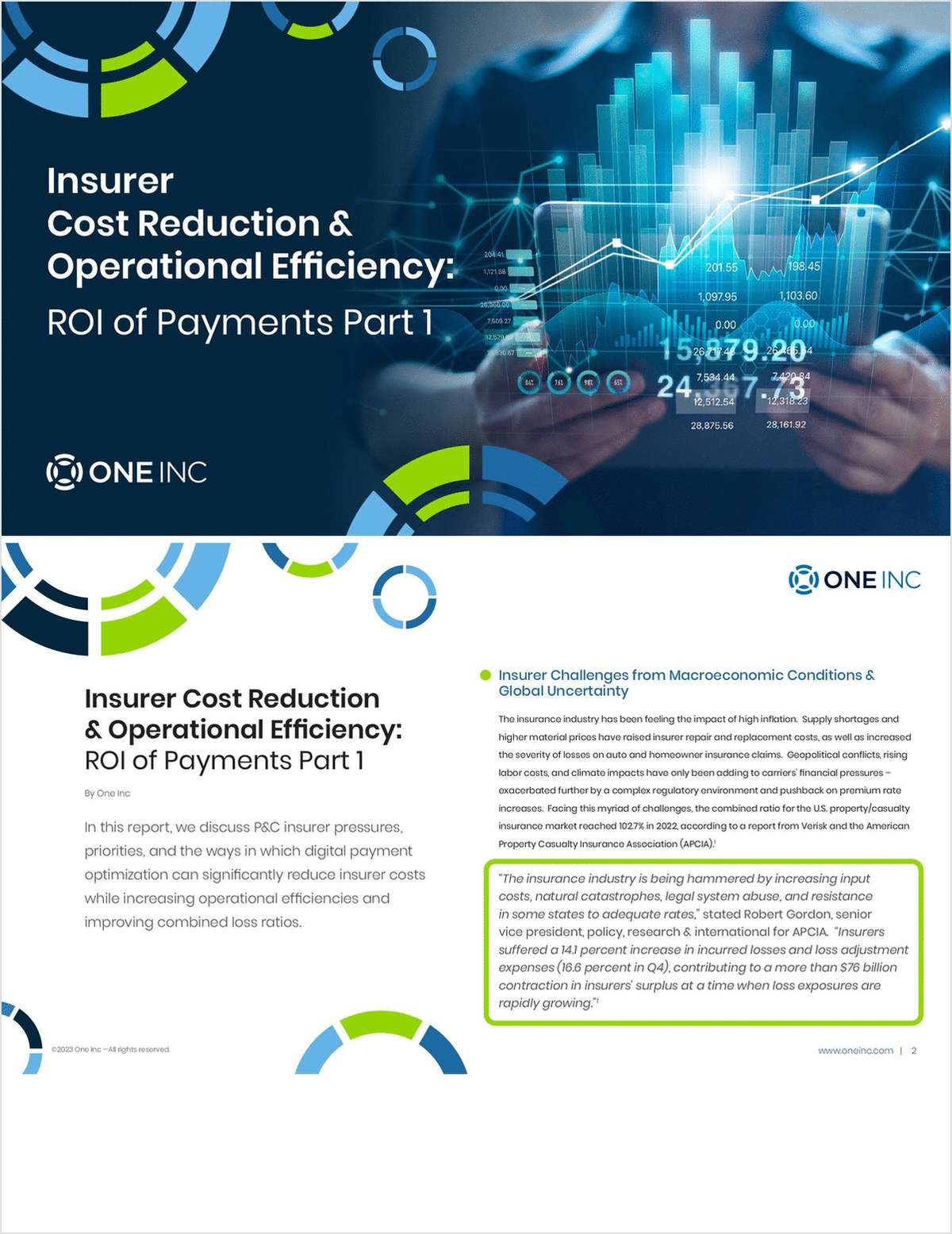Washington
American International Group was highly critical of a special master's decision to slash payments for its top employees by 91 percent for the remainder of the year, warning the response to "public concerns" about high compensation at firms receiving federal aid may ultimately backfire.
The response came in a retention payment disclosure filed with the SEC in reaction to a document released by Special Master Kenneth Feinberg slashing cash compensation to the top-25 AIG employees as part of his authority under the Troubled Asset Relief Program.
None of the 25 most highly compensated officials for whom Mr. Feinberg set pay were identified. However, in slashing AIG salaries, Mr. Feinberg did not disturb the contract of its new chief executive officer, Robert Benmoshe, nor the rest of his total compensation package of $10 million over 10 years.
On the mandatory pay cuts, AIG said in its filing that Mr. Feinberg's action "may adversely affect AIG's ability to retain and motivate its highest performing employees."
"An inability of AIG to retain and motivate its highest-performing employees may impact its ability to stabilize its businesses, execute on its asset disposition plan, and prepare and make required filings with the Securities and Exchange Commission and other federal, state and foreign regulators," the filing noted.
In its disclosure form, AIG noted that it has paid $12.1 million in past-due executive retention payments, including $4 million to four top employees, including David Herzog, executive vice president and chief financial officer, and Kristian Moor, executive vice president of the property and casualty group.
The filing said that a special committee of AIG's board had argued that the payments were made because the employees had "achieved significant performance" under a program designed to keep them in the wake of a deal last September, in which AIG gave the government 79.9 percent of its stock in exchange for cash to stave off insolvency.
The filing also noted that Mr. Feinberg had agreed that further restructuring of the compensation packages of the three top executives would "not be consistent" with the law passed by Congress in February requiring Treasury to oversee pay at companies that took bailout money. He agreed because AIG officials argued they were being paid under a previously existing agreement between the company and the employees.
Mr. Feinberg also reduced the maximum cash compensation on an annual basis for AIG executives to a maximum of $500,000, "except for good cause shown." He said that additional compensation should be paid in stock not completely payable until the fourth year after the federal bailout–meaning 2012. This, he said, would link the management salaries with the company's performance.
At the same time, he eliminated bonuses through the rest of the year for employees at AIG's troubled Financial Products unit, whose activities brought the company to the brink of failure and the need for a government bailout.
He said "employees in this unit who pledged to return amounts paid pursuant to previously existing retention awards must immediately repay the pledged amount." He noted that four of the five employees who had pledged to return their bonuses had not done so, and that all the other employees at AIGFP "did not pledge to return any of the amounts received in early 2009."
Want to continue reading?
Become a Free PropertyCasualty360 Digital Reader
Your access to unlimited PropertyCasualty360 content isn’t changing.
Once you are an ALM digital member, you’ll receive:
- Breaking insurance news and analysis, on-site and via our newsletters and custom alerts
- Weekly Insurance Speak podcast featuring exclusive interviews with industry leaders
- Educational webcasts, white papers, and ebooks from industry thought leaders
- Critical converage of the employee benefits and financial advisory markets on our other ALM sites, BenefitsPRO and ThinkAdvisor
Already have an account? Sign In Now
© 2024 ALM Global, LLC, All Rights Reserved. Request academic re-use from www.copyright.com. All other uses, submit a request to [email protected]. For more information visit Asset & Logo Licensing.








